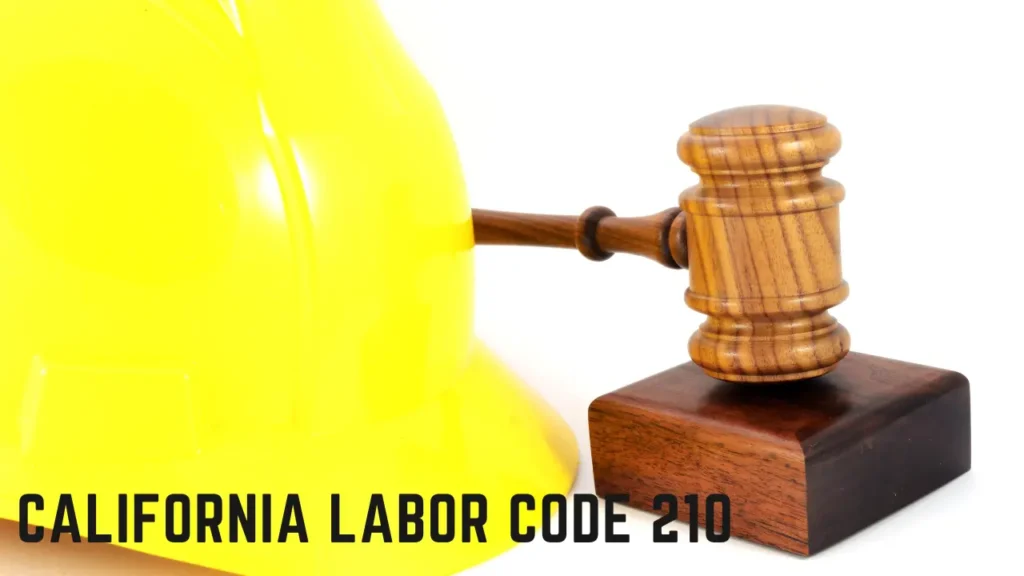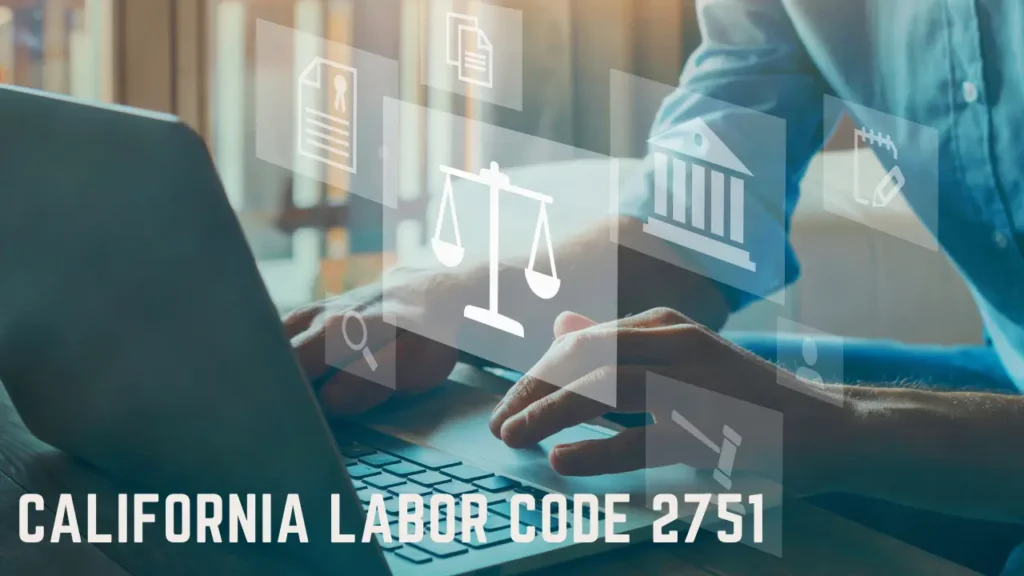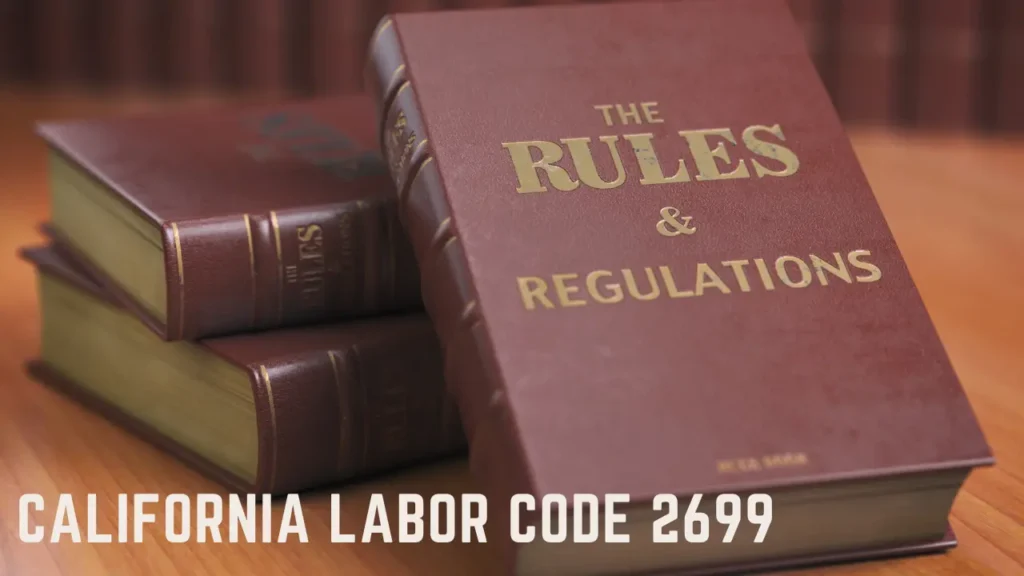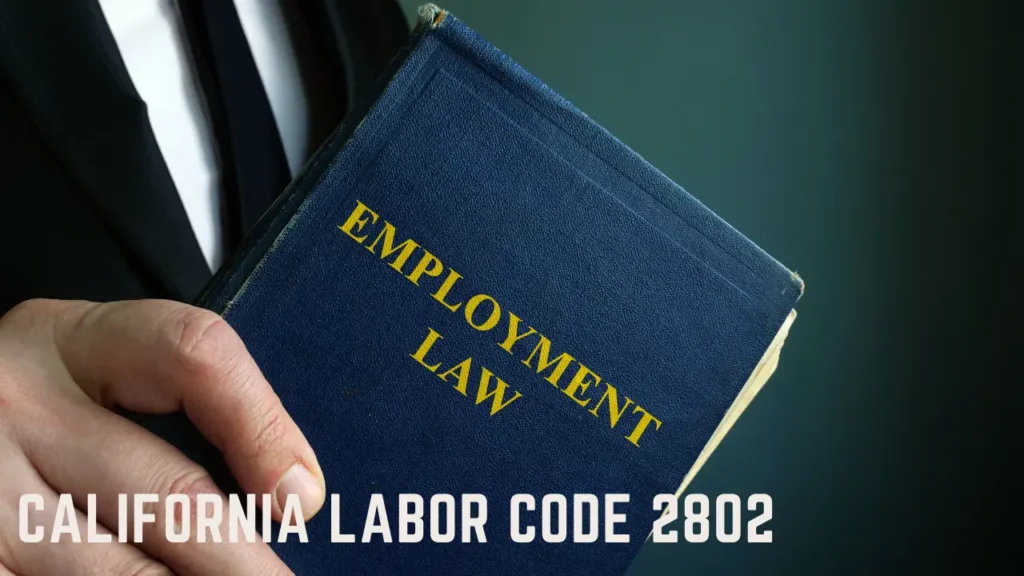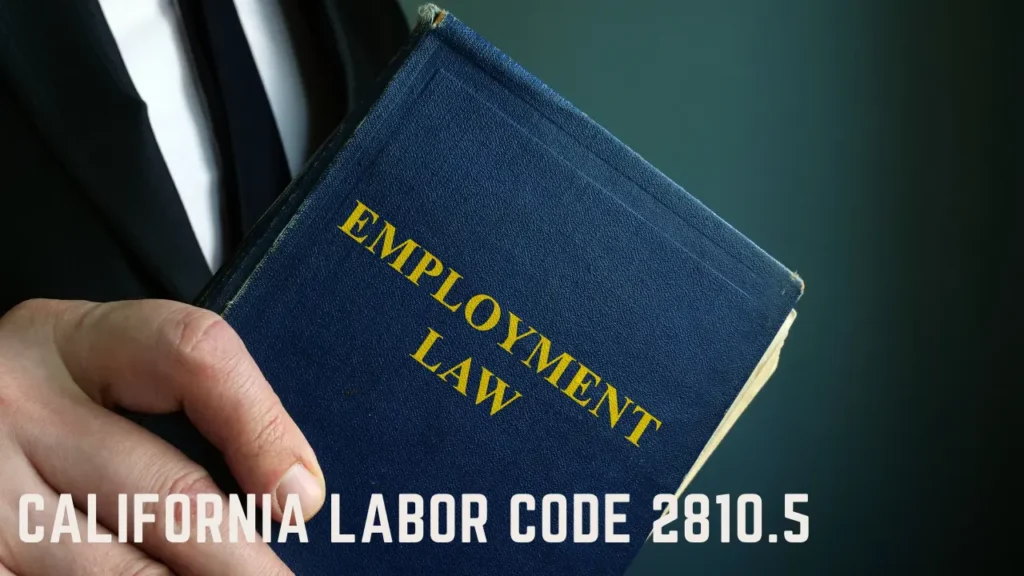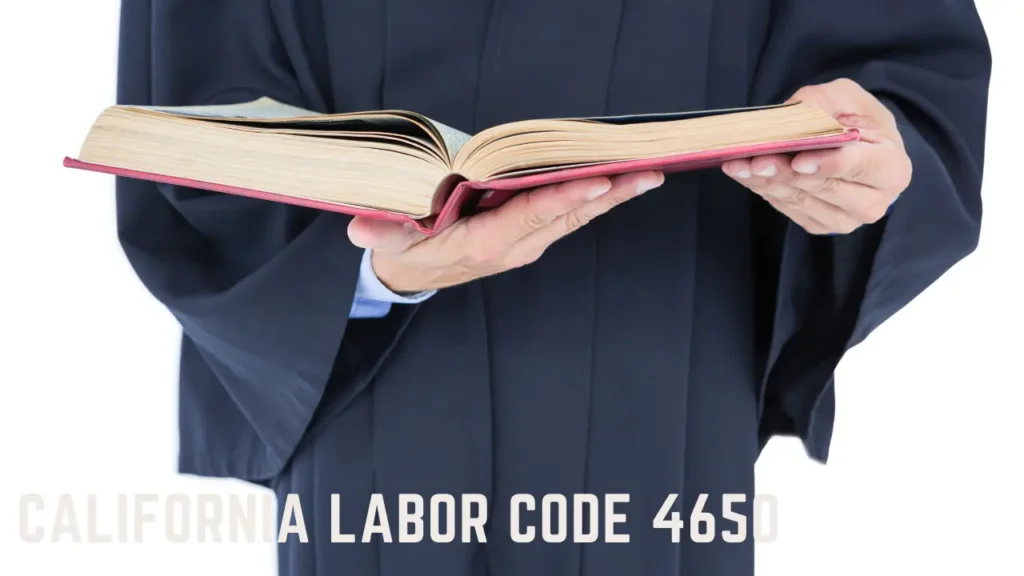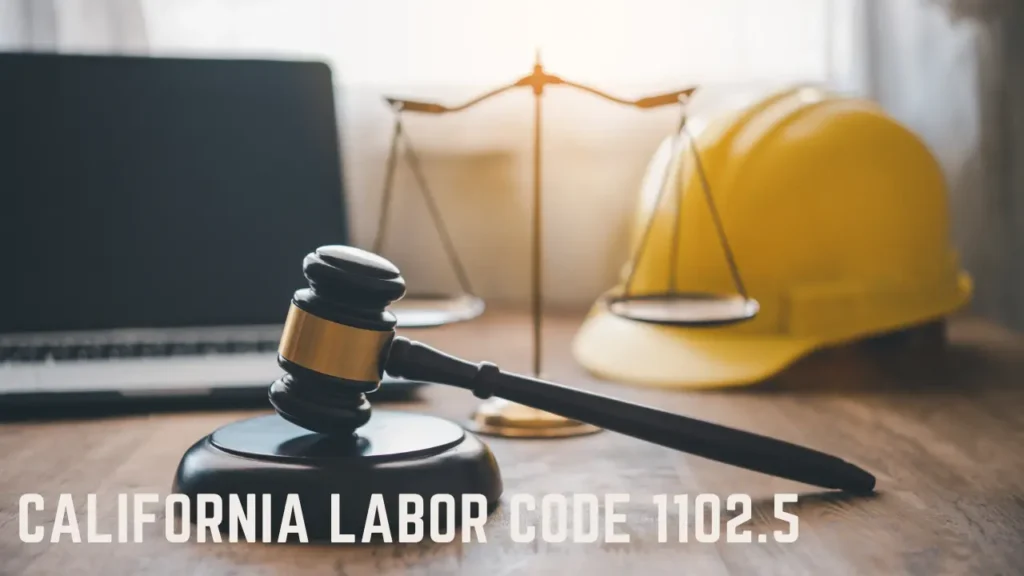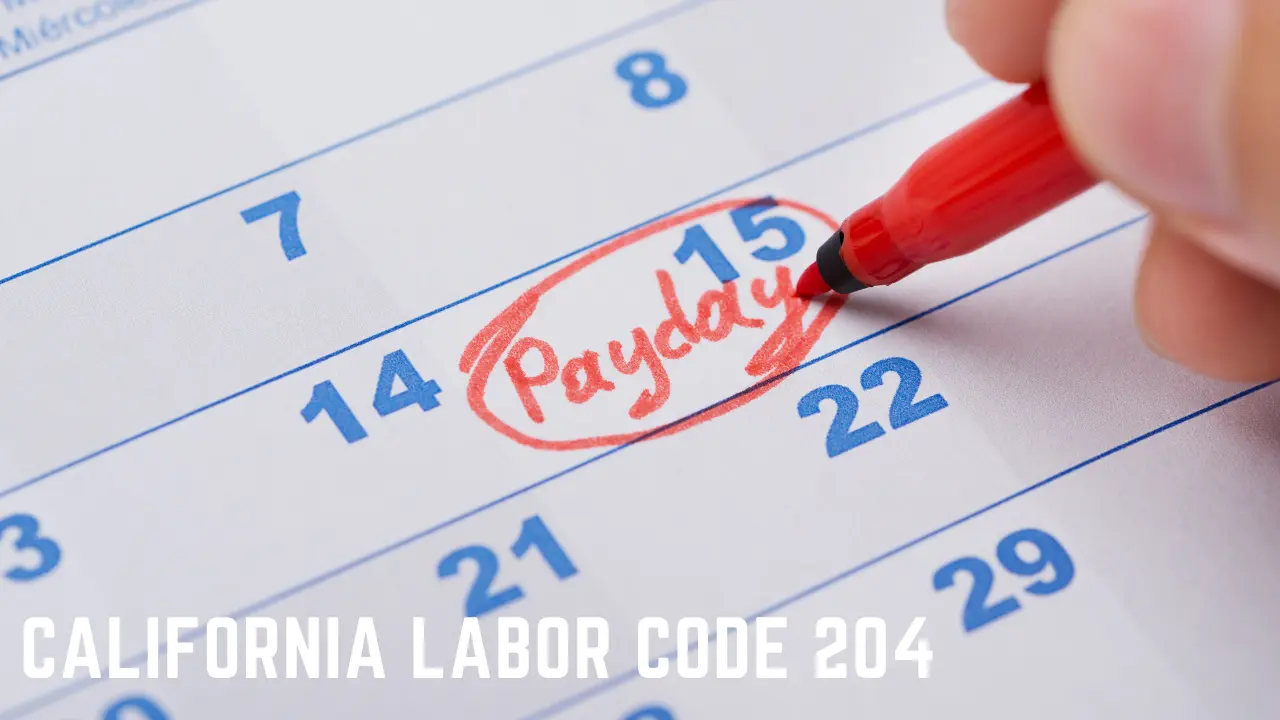Table of Contents
ToggleThis principle might seem straightforward – you can terminate employment at any moment, for any reason, or no reason at all. But, it’s not that simple. A myriad of exceptions, intricate legal protections, and possible legal repercussions await those who navigate this rule without caution.
Let’s unpack this complex employment law terrain, and in doing so, shed light on the tools at your disposal for safeguarding your rights in the workplace.
Understanding At-will Employment Rule
In California, you should understand that the ‘at-will’ employment rule, governed by California Labor Code 2922, allows either the employer or the employee to terminate employment at any time, without needing a specific reason.
However, there are exceptions to this rule. One such exception is the concept of ‘implied contracts’. If your employer, through their actions or words, has created an environment where you’d reasonably expect continued employment, they may not be able to fire you at will.
Public policy exceptions also exist. You can’t be fired for reasons that would violate public policy, like whistleblowing or refusing to break the law. Understanding these exceptions to the ‘at-will’ employment rule can help you navigate your rights in the workplace.
Notable Exceptions to Employment at Will
While ‘at-will’ employment gives California employers broad discretion, several key exceptions act as crucial safeguards for employees’ rights. These exceptions provide necessary protections in a variety of circumstances:
- Implied Contracts: These contracts, whether verbal or written, can alter the at-will status. If you have an agreement that outlines conditions for termination, it could be considered an implied contract.
- Public Policy Exception: You can’t be fired for reasons that violate California’s public policy such as refusing to break the law at your employer’s request or whistleblowing.
- Covenant of Good Faith and Fair Dealing: This broadly protects you against terminations made in bad faith, like firing to avoid paying benefits.
- Statutory Exceptions: These include laws that prohibit discrimination or retaliation against protected classes.
- Fraud or Misrepresentation: If your employer fraudulently induced you into taking the job, you have rights.
Requirement and Examples for Exceptions
Now that we’ve outlined the key exceptions to at-will employment, let’s explore their specific requirements and provide some practical examples to better understand these protections.
For the Implied Contract exception, you’d need evidence of an agreement that contradicts the at-will presumption, like an employee handbook stating you’ll only be fired for cause.
As for Public Policy, you can’t be fired for reasons that society deems important, like serving on a jury. An example might be an employee sacked for refusing to break the law at their employer’s request. This violates Public Policy as it undermines the legal system.
Applying Exceptions in Practice
Armed with a clear understanding of at-will employment exceptions, let’s apply these principles to real-world scenarios, exploring how they can protect you in the workplace. Actual case studies can provide practical tips and illustrate how these exceptions function in practice.
- Consider the case of an employee terminated after reporting safety violations. Here, the public policy exception may apply, protecting you from retaliation.
- Perhaps you were fired without due cause, but your employer had a handbook stating that dismissals would only occur for specific reasons. This could be an implied contract exception.
- If you were promised job security and then abruptly fired, you might’ve a case under the fraud exception.
- Being fired for requiring time off for jury duty or voting could invoke the specific grounds for legal relief.
- Lastly, if you’ve been treated unfairly leading to a forced resignation, it could be a case of constructive termination.
These examples highlight how to use the exceptions to your advantage.
Legal Action Against Unfair Termination
Having explored the ways you can use employment exceptions to protect your rights, let’s move on to how you can take legal action if you’ve been unfairly terminated. If you suspect you’ve been a victim of wrongful termination, it’s crucial to know your legal recourse.
You can file a lawsuit against your former employer, alleging breach of contract or violation of public policy. This process involves filing a complaint and gathering supporting evidence. If successful, you may be awarded damages, reinstatement, or even punitive damages.
You can also seek help from the California Labor Commissioner, Civil Rights Department, or the EEOC. It’s always advisable to consult with a legal expert to guide you through this complex process.
Successful Lawsuits and Remedies
If you find yourself successful in a wrongful termination lawsuit, you’re likely to be awarded various remedies, including damages, reinstatement, or even punitive damages. These remedies are designed to compensate you for any losses and deter future unlawful employment practices. Here’s a more detailed look at what you may receive:
- *Monetary Damages*: This covers lost wages and benefits. It’s the most common form of damages awarded in these cases.
- *Reinstatement*: This is your option to return to your job. It’s not always feasible, but it’s a possibility.
- *Punitive Damages*: These are awarded to punish the employer for egregious conduct.
- *Attorneys’ fees and costs*: If you win, you might also get your legal expenses covered.
- *Emotional distress damages*: If the termination caused significant emotional harm, you might be compensated for this, too.
Conclusion
In conclusion, understanding California’s ’employment at will’ concept and its exceptions is vital to protecting your workplace rights. Don’t forget, exceptions like implied contracts, good faith covenants, and public policy can alter at-will status.
If you feel you’ve been unfairly terminated, remember that legal recourse is available. Stay informed and proactive to safeguard your interests and career.






